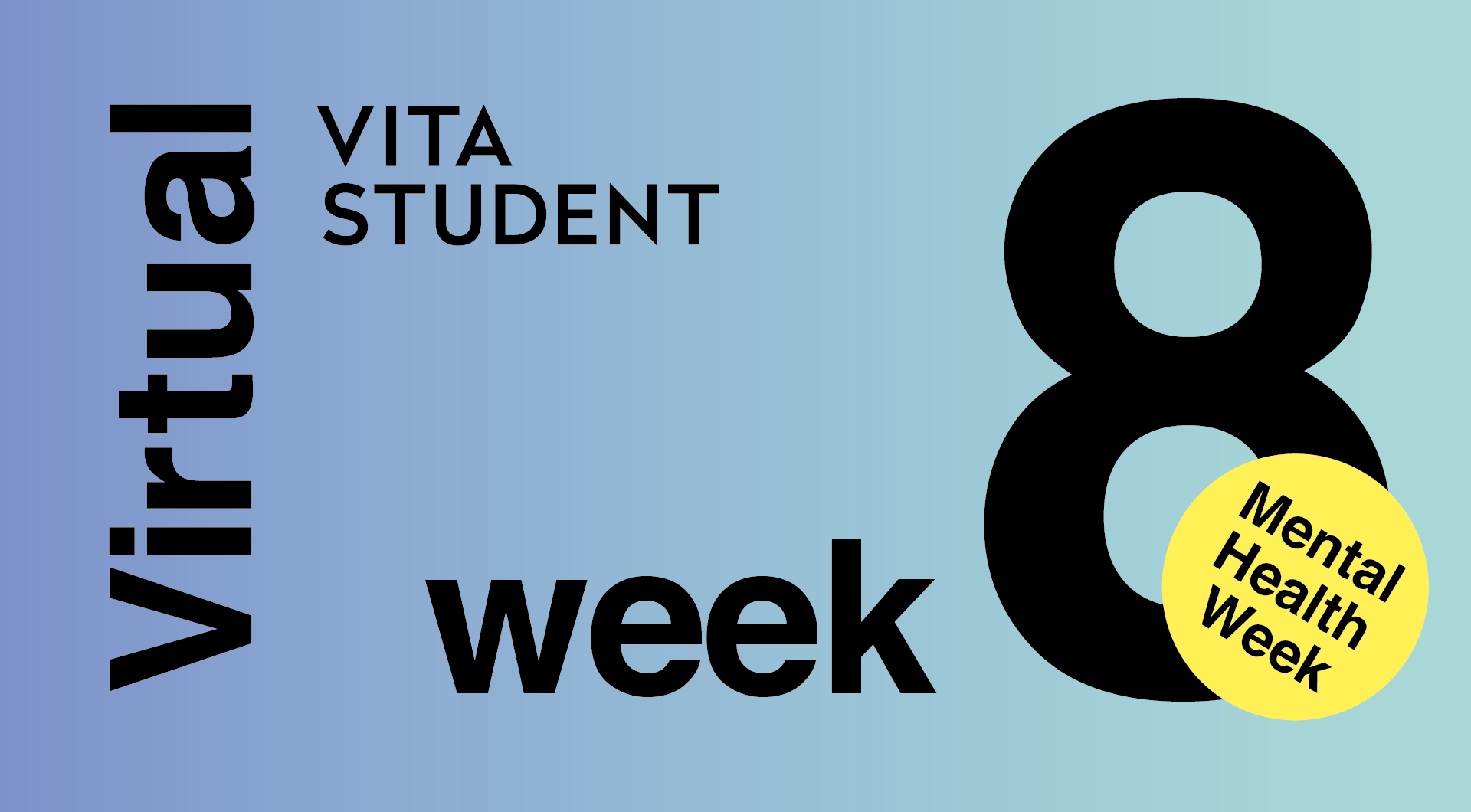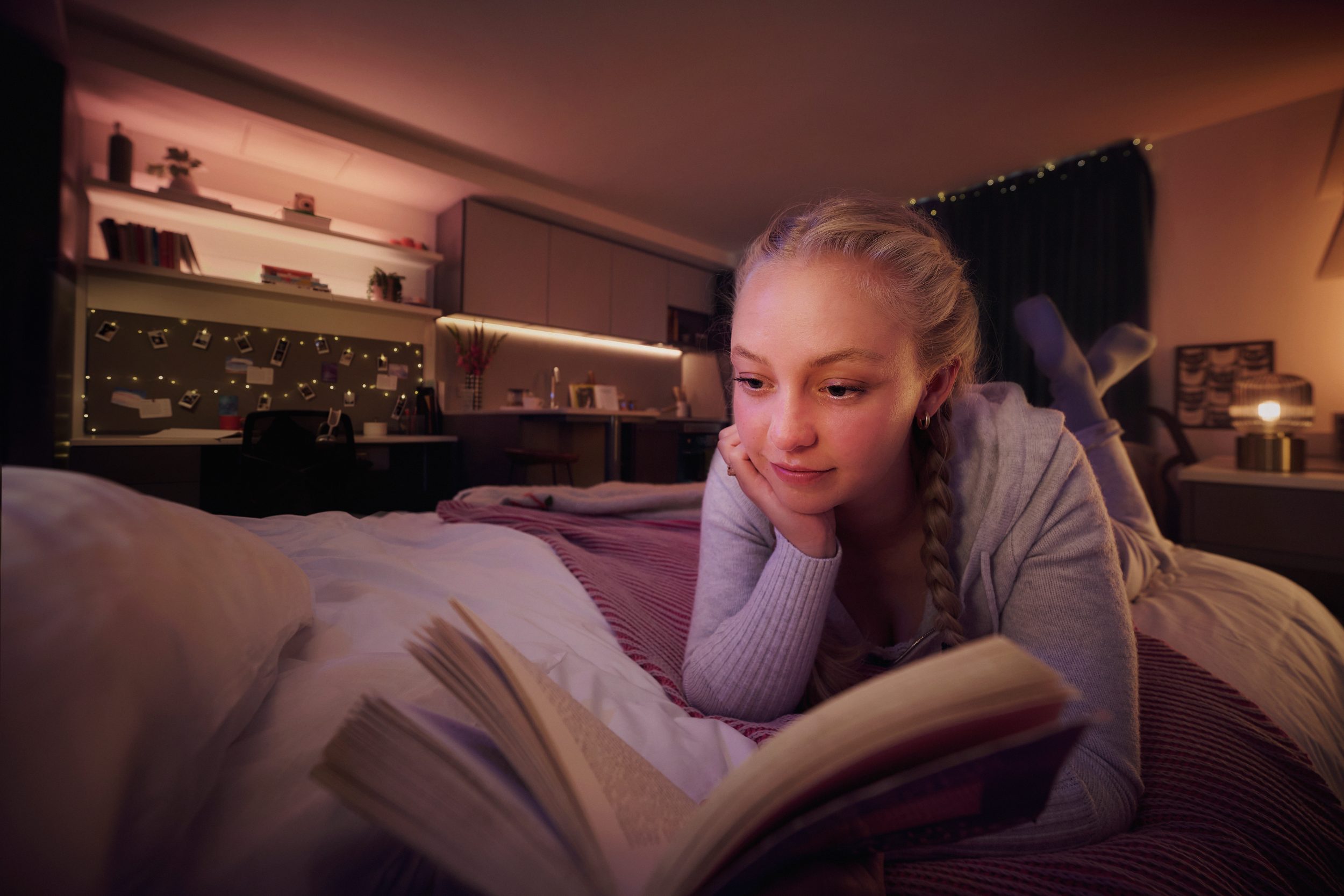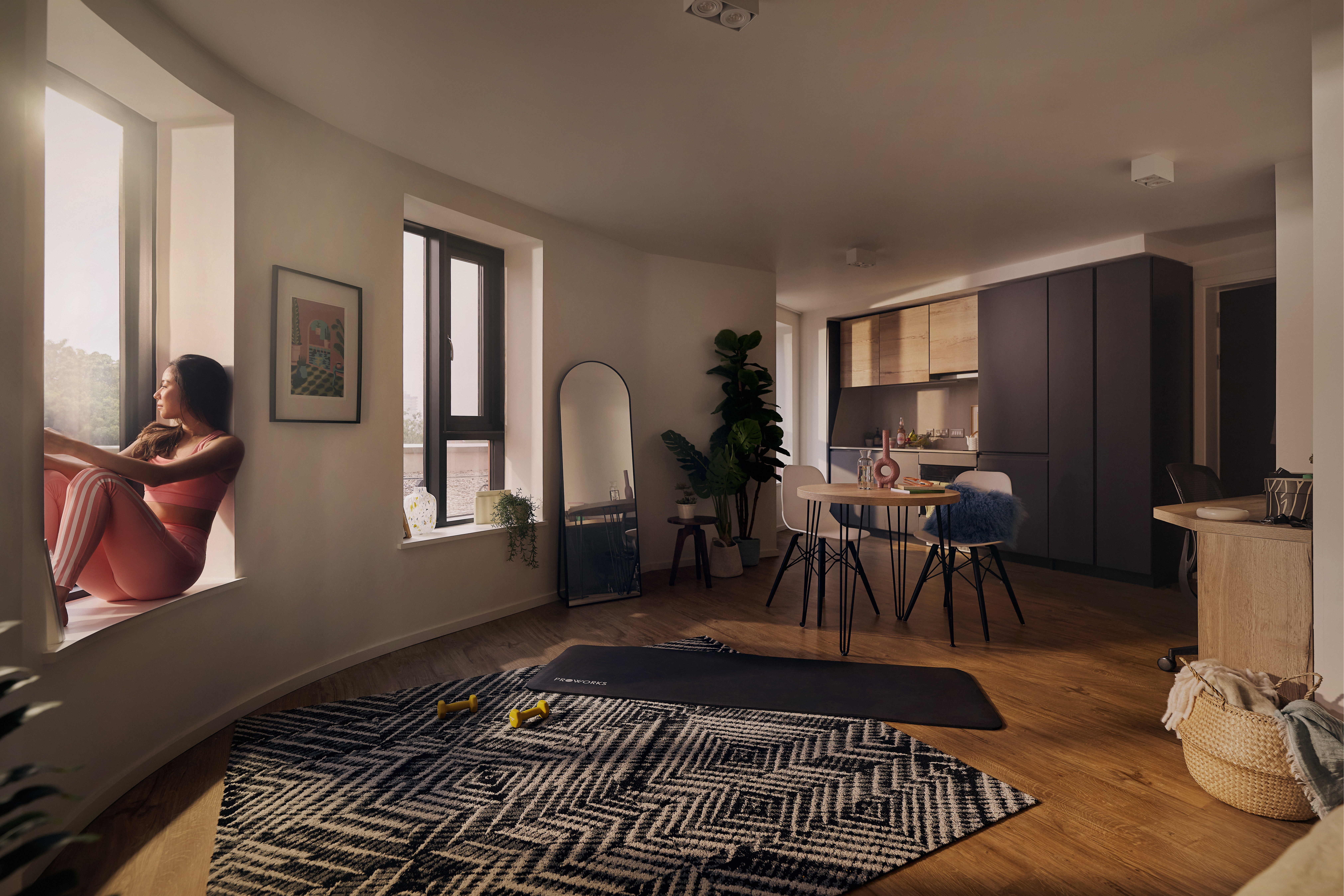A series of blogs created with tips and advice about maintaining good mental health ….

In the words of sleep scientist and best selling author, Matthew Walker; sleep is your superpower! Our partners at UNIHEADS team have curated insights from health and behavioural scientists to help all Vita Students maintain good well-being
Sleeping well helps you live longer, feel better, learn more and maintain a healthy weight that’s right for you! Sleep scares off the common cold and offers protection against long term health conditions that affect people in later life. A good night’s sleep can make you feel happier, more content and less anxious.
The first thing to clear up, is the difference between sleep ‘quantity’ and sleep ‘quality’. Typically we should aim for between 7-9 hours of sleep each night (quantity) but what is equally as crucial, is the quality of those sleep hours. Unlike sleep quantity, sleep quality refers to how well you sleep. Ideally this means being able to fall asleep within 30 minutes or less, sleep soundly through the night with no more than one awakening, and drift back to sleep within 20 minutes or so if you do wake up.
The process of sleep is hugely complex but it is worth noting that we sleep in a number of different stages and cycles throughout the night. Each stage has a different function, but shares equal importance to our overall sleep quality. When these stages are disrupted (eg through waking up frequently) this prevents us gaining the essential benefits offered within each of the stages. In the short term, this invariably makes us feel groggy and unrested the next day. In the long term, regular low quality sleep has major implications for our health and wellbeing.
Already, you will be starting to see that sleep plays a vital role in keeping our mental health nourished. If you are finding that you sometimes experience a restless night, wake up frequently or rise the next morning feeling unrested, then this could be a sign that your sleeping routine may need a minor shakeup. That’s why we have put together a simple, 6-step guide of ‘quick-fixes’ to help you proactively look after your mental health by discovering your sleep superpower.
It’s all about D.R.E.A.M.S …
D is for Drinking
When it comes to a sleeping well, we are what we drink! Alcohol before bedtime can lead to symptoms of sleep apnea, snoring and disrupted sleep patterns due to the effect it has on hormone production.. Downing a couple of drinks at night might seem great at the time, but if you’re committed to a better night of shut-eye then we recommend reducing alcohol consumption in the hours before bed. Caffeine also plays havoc with even the most well intended sleep plans! Did you know that caffeine temporarily blocks the body’s signals that start the sleep process? It has a half-life of between 5-7 hours which means that it remains in your system for a long while after consuming. Try sticking to coffee before noon.
R is for Routine
One of the major lessons to take from the Covid-19 experience so far is just how reliant we are on our routines. Our bodies start to initiate the process of waking up and falling asleep in line with sunrise/sunset times; this is called the circadian rhythm and is the major routine that our body will crave. Try to get into the habit of waking up and going to bed at similar times everyday (even on weekends) to build a sleep routine that’s right for you. These times don’t have to be inline with sunset and sunrise, but you should aim for consistent times each day. Did you know that irregular sleep patterns can actually lead to poorer long term sleep quality?
E is for Environment
Keep your bedroom cool, calm and clean (go tidy your room!). Temperature plays an important role in helping us get to sleep. Our body temperature will naturally fall slightly to allow us to nod off, but if your room is too warm it causes your body to get confused and falling asleep becomes hard work. A room temperature of 18-20degress should do the trick! Consider adjusting the type of duvet that you use across the different seasons. Higher ‘tog’ count = a warmer sleeper. Keeping your bedroom free from allergens is particularly important if you have dust allergies or conditions such as asthma. Be mindful of cooling your room by opening windows if you have pollen allergies.
A – is for Activity
Being more physically active and exercising during the day (ideally in daylight) helps you sleep better. Try to aim for at least one 30-minute period of outdoor activity each day. Not only will this help you feel more energized and boost your mood immediately afterwards, it will also do wonders for helping you fall asleep at bedtime!
M is for Mode
Blue light from your devices during evenings can confuse your brain by tricking it into thinking that it is the middle of the day. This blue light triggers the release of hormones that stimulate wakefulness, which is the last thing you need just before you go to bed! Try using night shift mode or similar blue light filters on your devices if you are using them in the evenings. You can purchase filters for laptop/computer screens.. However, the most effective strategy is to simply avoid any use of devices in the 90-minutes before you go to bed.
S is for Switch Off
Give yourself time to switch off before bed. As well as turning off devices, give yourself a chance to relax and rest after the rigours of a hard day too. This is extremely important if you prefer to exercise in the evenings or have your evening meal at a later time. Investing time in relaxation before bed works wonders for better sleep quality.
Want to know more about how you can improve your mental health or how to support your friends? We’ve teamed up UNIHEADS to providing Vita Students with free access to advice, guidance and support on all aspects of your mental health and well-being.




